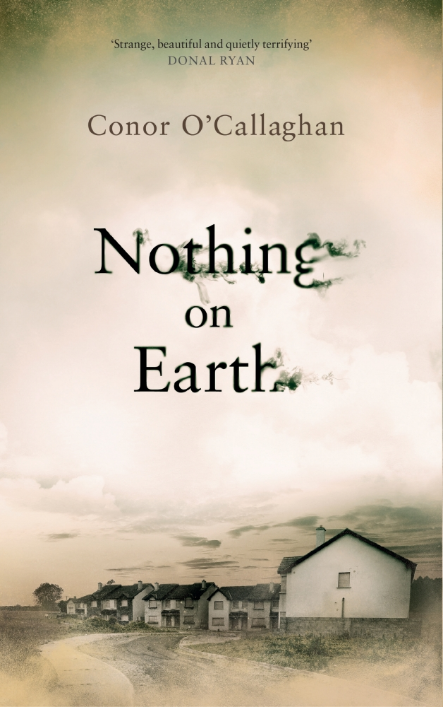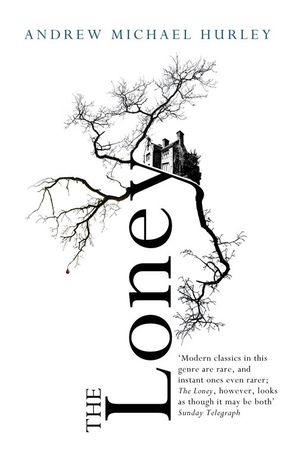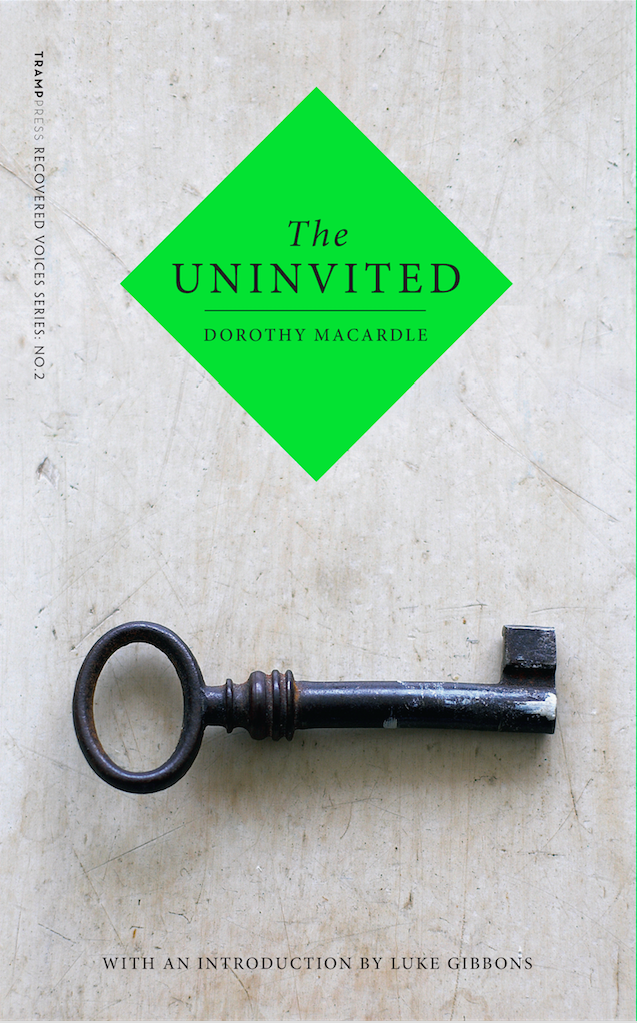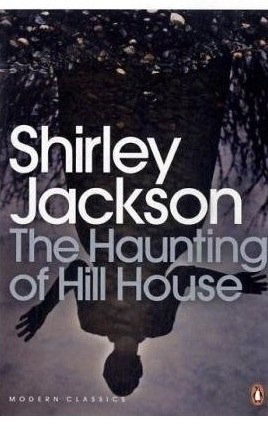Headstuff’s Certified Scary Halloween Reading List
This year, HeadStuff has put together a reading list for those who are not as enthusiastic about going out in costume, or perhaps want to start a literary discussion, while wearing a bin liner. The books in our list are perhaps not conventional horror novels, so those who’ve grown up reading R.L Stine’s tales of suburban werewolves and school age ghouls may be a little put off. If it’s any consolation, he’s very responsive on Twitter.
That said, the list contains plenty of unreliable narrators, unconfirmed sightings and ambiguous conclusions. In short, the vaguer, the scarier, as we are left wondering what we have seen, heard or read.
Nothing on Earth, Conor O’Callaghan (Penguin Ireland)

Initially the story of a woman in an isolated family, living on the outskirts of a town, Nothing on Earth takes several twists and turns. The girl, her partner, sister and child are the subject of much gossip, having returned from Germany after a lengthy absence. Though it is not exactly a ghost story, Nothing on Earth does take place in a ghost estate, an essentially speculative space. Amidst the ruins of the property boom, the young family fades into thin air.
The events are helpfully reconstructed by the parish priest, who begins by admitting his involvement. He begins by observing from afar, but is soon drawn into events and who are we to blame him? Though it may concern the dwindling, dead end lives of overlooked young things, the pace is relentless making it hard to look away.
Nothing on Earth also resists easy categorisation (not necessarily a scary thing in itself). Its setting suggests a social undertone, and yet its definitive lack of specificity or moral conclusion give it the impression of a disturbing modern folk tale, interrupted by a police investigation.
The Loney, Andrew Michael Hurley (Tartasus Press/Johathan Cape)

A bus trip to Northern England? Eek!
On an isolated strip of coastline, Andrew Michael Hurley invites us to examine several increasingly disturbing variations on religious faith. The characters set forth on an escape to the Loney under the guidance of new parish priest, the good natured Ulsterman Father Bernard, following the death of their beloved Father Belderboss. The sight of previous happy pilgrimages, the shrine at the Loney is now wild and unkept. Their adventures on the beach, bring Tonto and his mute brother Hanny into contact with a group of menacing locals, despite his best efforts. Meanwhile, Tonto’s father discovers a secret room adjacent to the study.
In writing The Loney, Hurley sought to ‘offer more questions than were answered.’ Readers are left to dwell over the nature of Father Belderboss’ teachings. As Mrs Smith’s attempts to curb Father Bernard’s more casual approach to the pilgrimage, and to cure her mute son by way of prayer and holy water become increasingly grim, it seems their notion of faith may be slightly warped.
In fact nothing is quite what it seems: the house in which the congregation are staying was constructed for a far more grim purpose, the apparently cheery Father Bernard cut his teeth in the tense and embittered parishes of Belfast… Much of the information available to us comes by way of Tonto’s eavesdropping, on confession and other personal conversations. Though we are granted access to what would otherwise would be left unsaid, there is no easy resolution.
Hurley’s prose also offers very little to ease the anxious reader. The apparent normalcy of Tonto’s adolescent resentment toward the church trip is disrupted by grisly, gothic imagery, the ritualistic import of which it is up to the reader to contemplate. Though the pacing of the novel is akin to that of a thriller, any apparent climax only increases our uncertainty.
Throughout the novel, we are unsure what to expect, and afterwards we are none the wiser as to what exactly we have read.
The Univited, Dorothy McArdle (Tramp Press)

The Uninvited also begins earnestly enough as Rodney, a literary reporter for a daily newspaper (I don’t like where this is going) and his sister Pamela impulsively buy a house in the countryside. Unfortunately their new dream home is haunted. Turns out there was a reason the strange old man was so reluctant to sell.
Matters are complicated further as Rodney and Pamela must come between the sweet and innocent Stella and the apparently malevolent spirit of her mother. At last, a ghost! There’s something we can all be petrified by. Yet again, however, we are being led astray as it is unclear who exactly is doing the haunting. The fact that Stella has been raised in a deeply repressive atmosphere, starved of joy and affection also doesn’t help.
McArdle herself was a former member of the Gaelic League and Cumann na mBan, teacher, League of Nations journalist, and, most frightening of all, a woman excluded from the conventional canon of Irish literature. The Uninvited is another text which defies categorisation as it moves skillfully between satirical country jaunt and cold sweat suspense with remarkable ease. Never does McArdle’s prose seem unnatural. Nor is Rodney’s joie de vivre entirely dampened by the untimely apparition of a wronged woman in his otherwise peachy new gaff.
The Haunting of Hill House, Shirley Jackson (Viking/Penguin Classics)

The two women soon drift apart amidst the off kilter rooms of Hill House. Rooms are concealed behind other rooms, and relations become frayed as the house begins to wear on Eleanor. It soon becomes clear things are not quite as she described, and not even she can be sure the others are as calm as they appear.
Far scarier than the banging on doors and the mysteriously bloodied clothes, or even the lurid and indecent illustrations depicting the seven deadly sins (once again, misplaced religious zeal is at the heart of the problem: it seems Hugh Crain has built the house as a prison of penance for his daughter) is the realisation that Eleanor cannot rely on her perception of events.
Not only is Jackson’s narrator unreliable, she is unravelling. During her career, Jackson studiously refused to give any interviews, or offer any explanation for her fiction. Though the effect of the stay on Eleanor is clear enough, the influence of the house is completely inscrutable. Visitors to the house and readers alike would do well to heed Jackson’s initial warning, that ‘those who walk there, walk alone.”
With unease aplenty and narrators you wouldn’t trust to go upstairs and put on a jumper successfully, each of the books on our list this year is guaranteed to give you some profound willies. Keep an eye on Headstuff for more seasonal reading recommendations.

